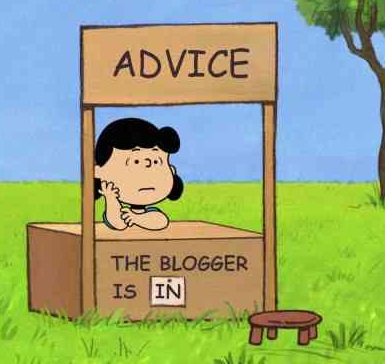
I am a retired geographic educator. I am a geographer. I understand GIS. Or should I say I LOVE Geomatics? I have spent my career promoting geo-literacy/geospatial literacy. I am geospatially-oriented.
This is my point of view and in no way reflects the thoughts and opinions of others.
I celebrate and appreciate all the discipline-based knowledge, tools, expertise and applications that enable us to make sense of our world. As adult citizens of Canada all geo-practitioners should frame their efforts in the broadest sense for all Canadians.
As part of the Canadian Association of Geographers AGM in 2013, a special one-day session, Advancing Geographic Education for Canadians, was convened to move jurisdictions towards a common effort to strengthen related skills and knowledge. As a result of this session, The St. John’s Declaration http://www.cgeducation.ca/programs/declaration/ was crafted as a guiding force in moving forward. Please note the initial representation. I invite you to read the position papers of those in attendance. http://spatial-information.org/geoged_papers/
I include below parts of mine so context can be given to what I have to say after:
“I have been conflicted about what to write. I feel I have to personalize in order to bring my perspective and to give a sense of emotion tempered by frustration, exasperation, and urgency.
I have been here many times discussing the plight of geography and geographic education. I have hope that this time in Canada we may just get it right. It is not expedient to restate the obvious, rehashing old material and arguments. We all know where we’ve been; now it has to be about where we are going.
Who am I and what do I bring to the table? My perspective on geographic education is that of a citizen, a parent, a geographer, a teacher, a university instructor for pre-service teachers, a volunteer since 1995 with Canadian Geographic Education, and a Fellow of the Royal Canadian Geographic Society. I have been a consultant in curriculum development provincially and nationally, and a promoter of geographic education and technology initiatives, especially GIS.
I am anxiously concerned about the geographic literacy of my country and its future citizens who need critical thinking, problem-solving, and decision-making skills to navigate a fast, technological milieu. This should be our goal, our raison d’etre.
For the passionately dedicated, promoting geography (and geo-related knowledge and skills) through geographic education can be an extremely frustrating exercise sometimes bordering on self-punishment. Yet we persevere. This boundless energy needs to be released and channeled.
I have generally noted much time, effort, expertise and money wasted on projects and materials. There has been a tendency to reinvent the wheel. We have failed to recognize that what we are doing hasn’t been working. We need to know the reason for this. In conclusion, we have systemic flaws.
Whose responsibility is it to ensure diligence in this ongoing fractured process and aimless, unsuccessful, but for the most part well-intentioned effort? Now more than ever, we urgently need a clear vision, a Canadian ‘roadmap’ coordinated with other countries, a structured core based on articulated criteria, designated exemplary leadership, inclusionary ownership rooted in priorities, values and principles, and a defined legitimate identity
This strategic process on which we are embarking requires long-term concerted commitment and effort. It may take years, but progress of some sort is preferable to stasis.
Naïvely, I am ever hopeful that this is the genesis of a new, sustainable, successful initiative and that the emergent strategy will leave a holistic lasting legacy. If not, we are lost again for another generation.”
The St. John’s Declaration was intended as a catalyst and is still alive. I was part of an initial committee to strategize what to do after to carry it forward. The committee did well for four months and, from my perspective it fizzled over the winter. I sincerely don’t know what happened. Who knows? The usual suspects, maybe: time, other priorities and commitments, or lack of communication. Although that particular committee disappeared off my radar, I am aware that other individuals took initiative to carry the spirit of the declaration forward.
I was buoyed by the formation of the round table. Having spent eight months of the last twelve travelling; and therefore, “out of the loop”, I was anxious to catch up. Besides great individual initiatives like Dr. Lynn Moorman’s work with specific projects, and Darren Platakis’s inspiring self-motivated outreach endeavors in the Niagara region, I discovered that there was much discourse and discord, as usual.
Because I believe that one should be fully informed before passing judgement, I read all I could find online about what had happened during my absence, even comments. I had several telephone conversations with colleagues. These questions are what framed my examination:
- Is there a progress report?
- Who has signed on?
- Are memoranda of understanding being signed?
- Is neutrality built in?
- Is there fair, frequent and open communication/clarification?
- Will everyone feel comfortable within the structure?
After deliberation, I decided that I was comfortable with what has transpired so far. If we are to accomplish what has evolved in other countries, we must stay this course. It is obvious we are not there yet.
Of what must we be cognizant?
- Universality-Individual self-interests must be set aside
- Politics-Governments give money, then take it away
- Funding-Grants and donations might be a much better source than fees. (Those who have should give)
- Neutrality-This is not about getting your own way from your perspective
- Equality-No discipline, field of practice, business or individual is more legitimate or of more value than the other
- Democracy-No one wins power-struggles
- Focus-The greater good should be foremost
- Respect-Self-explanatory
However, as someone with a vested interest in the intention of The St. John’s Declaration, I fear we must be ever-vigilant not to repeat the mistakes of the past or we will have no staying power. After working in the school system and at the university level for many years, and being a board member of Canadian Geographic Education and the Alumni Association of Memorial University, I am familiar with working models, policy-issues, self-interest, and politics. Unfortunately, I have also been witness to much rhetoric that goes nowhere or to issues that divide and block progress. I sincerely hoped that this is not the case here.
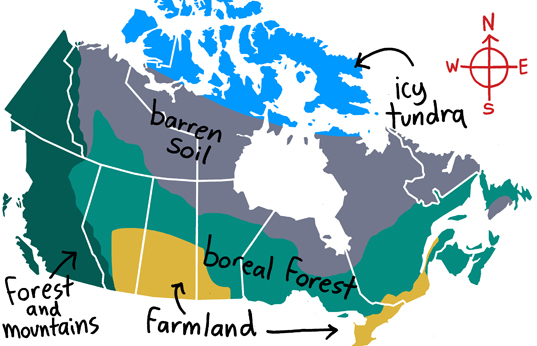

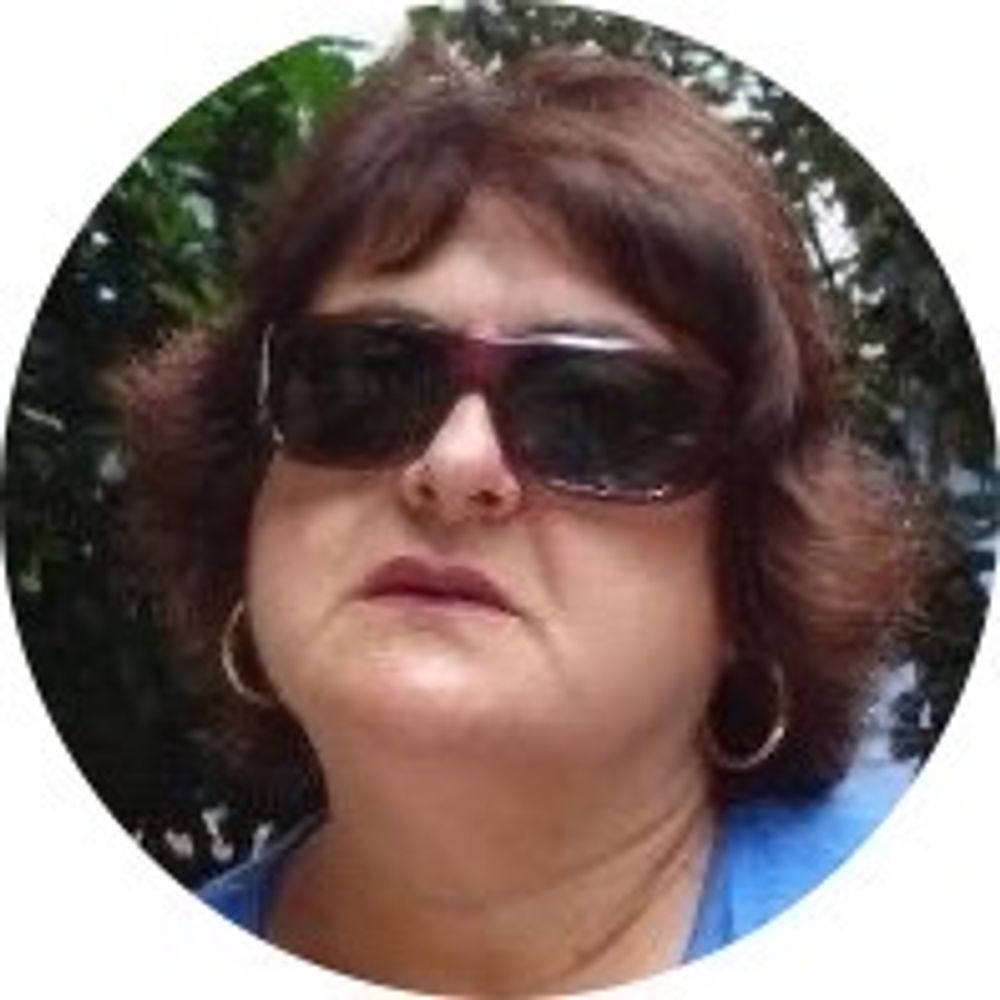
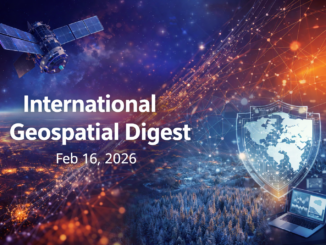

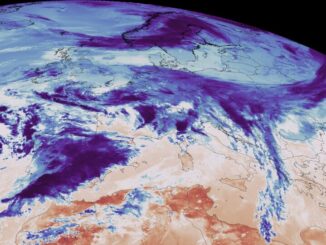
Be the first to comment